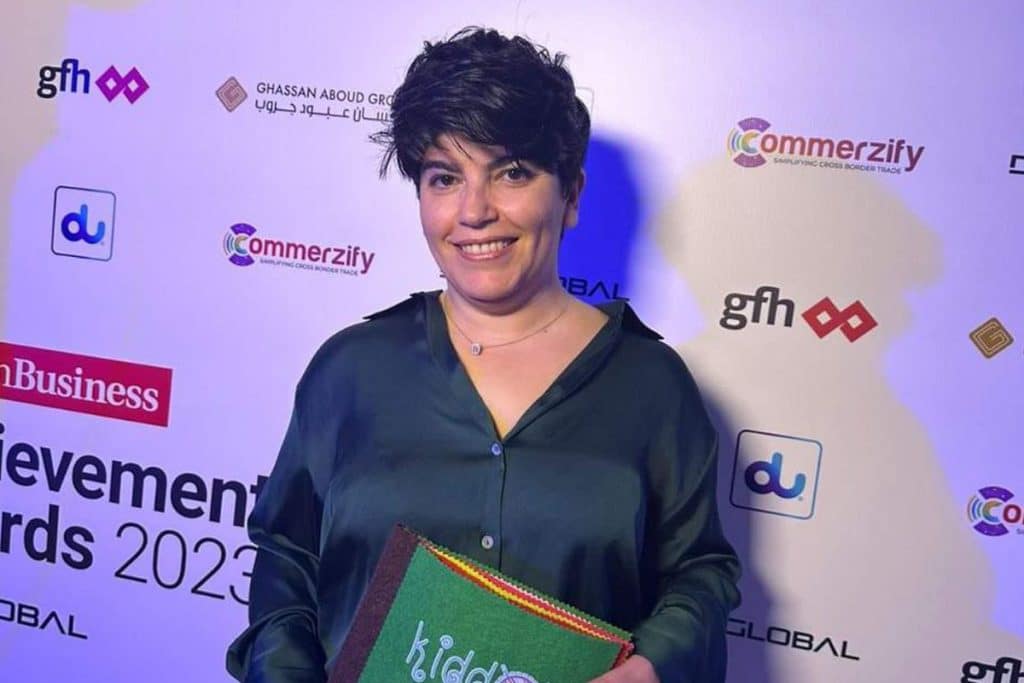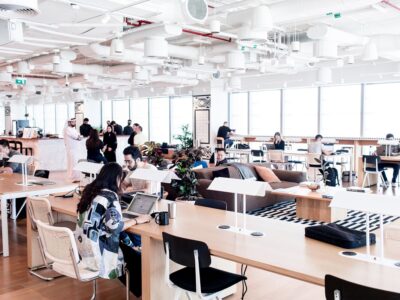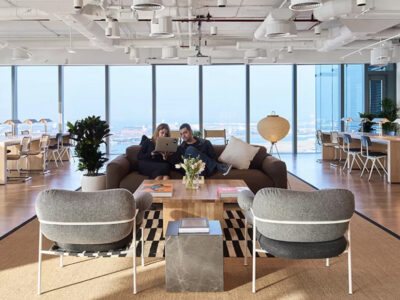Over seven million children have been affected by the massive earthquake and a major aftershock that devastated Turkey and Syria on February 6, the United Nations said last week on Tuesday.
The UN also voiced its fear that “many thousands” more had died, according to a report by the Agence France-Presse (AFP). “In Turkey, the total number of children living in the 10 provinces hit by the two earthquakes was 4.6 million children. In Syria, 2.5 million children are affected,” James Elder, spokesman for the UN children’s agency UNICEF, told reporters in Geneva.
On Monday, Turkey was once again struck by two earthquakes, with a 6.4-magnitude and 5.8-magnitude aftershocks, injuring hundreds and trapping many under the rubble.
Meanwhile, Souhayla Saab, the founder of a Syria-based startup KIDDO, has been tirelessly working to ensure children in the affected areas of Turkey and Syria children have access all their needs.
“We are trying to collect donations in collaboration with an association I am volunteering with. We are also looking to be funded for making more books to deliver to children in the shelters, hospitals and parental centers,” Saab said in an exclusive interview with Arabian Business.
What is KIDDO?
A startup, KIDDO is “made by women for children,” Saab says. Made for children up till seven years old, KIDDO offers several different books “where people can choose the best for their child depending on their ages and their preferences.”
Saab introduced KIDDO after noticing phones and iPads being used by children of all ages.
“Most of them were just happy to see colors and try to engage with the screen and the shows, and that was my ‘eureka moment’,” Saab said, adding that she needed to give them an alternative to enable children to choose books over phones.

“Children need to see colors to interact, and play. They learn by playing, and people need to have an economic solution, buying too many toys is not the answer for them, and in my mind I know I need something sustainable, something helps not only people but also our plants,” she said.
By following the Montessori method of teaching, which is based on self-directed activity, hands-on learning, and collaborative play, it provides an interactive activity to the child so that there is enjoyment whilst learning.
“I also made sure to choose the correct color for each age stage, we chose for example black and white for the books made for children in the age range of one day to three months, as research shows that infants only see lights and shades at that stage,” Saab said.
Having worked as a translator for a company that works with autistic children and children with special needs, Saab said her expertise in the field helped her incorporate the right activities, and colours to use in the KIDDO books.
A sustainable brand, made by women
With sustainability at its core, KIDDO is made using fabrics that is environment-friendly, affordable and washable.
‘We had several children and mothers who tested the books, played with them, and washed them either by hand or in washing machines until finally, we decided to choose a canvas of a certain thickness and excellent quality as the material for making KIDDO books,” Saab said.
“All the books are hand made by women in Syria, I design the contents and they work on the book from the first step of cutting the shapes to organising the colors as needed, to the pasting of all activities in their places and doing the last magical touch that turns KIDDO from just a book to a friend,” she added.
Saab employees women in Syria to ensure all of their needs are met while working for KIDDO, she said.
Addressing challenges
“Like any start up, I have faced many challenges, some are related to the fact that the idea, even though it shouldn’t be but is a new thing in the Middle East area, there are other companies that make books but not as KIDDO, so I had to convince people of the idea, the good thing was that the minute any child gets KIDDO they fill in love with it and that was the proof parents needed to see,” Saab said.
She added that securing raw materials for the books are a challenge, followed by the right funding.
“I am trying my best to keep the project up and running, but funding is one of the biggest challenges I’m facing,” she said.
The next step
Saab aims to collaborate with schools and kindergartens across the world.
“We have received many videos and letters from mothers who tried everything to make their children learn Arabic and English but couldn’t before KIDDO, and now they know their letters and use them,” she said.
KIDDO is the first of its kind to introduce “Arabic alphabets on a fabric book, in an interactive way,” she said. Saab also aims to make KIDDO multilingual in the future. “I know how important is to learn languages,” she said.








